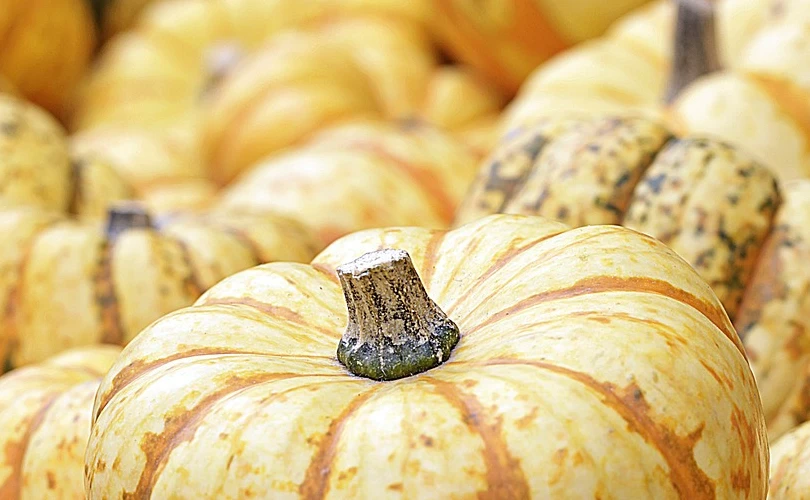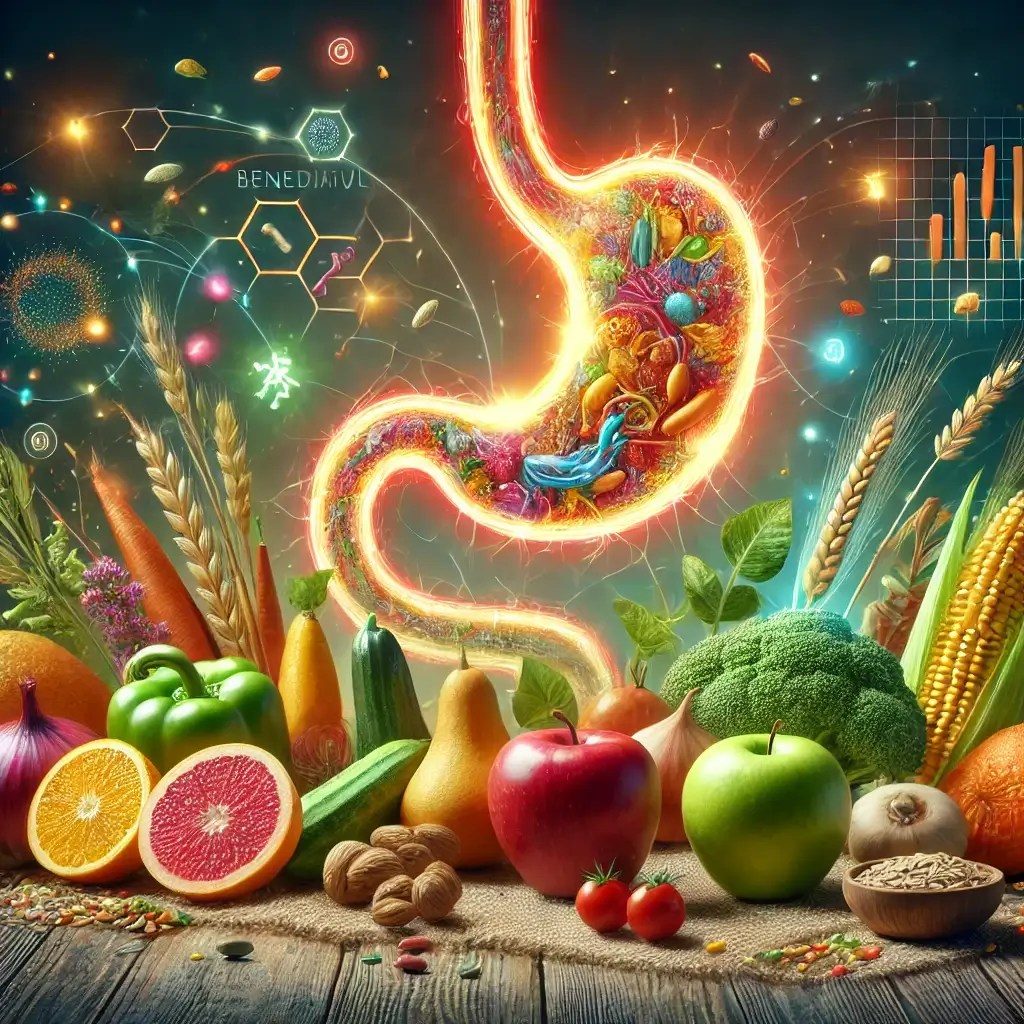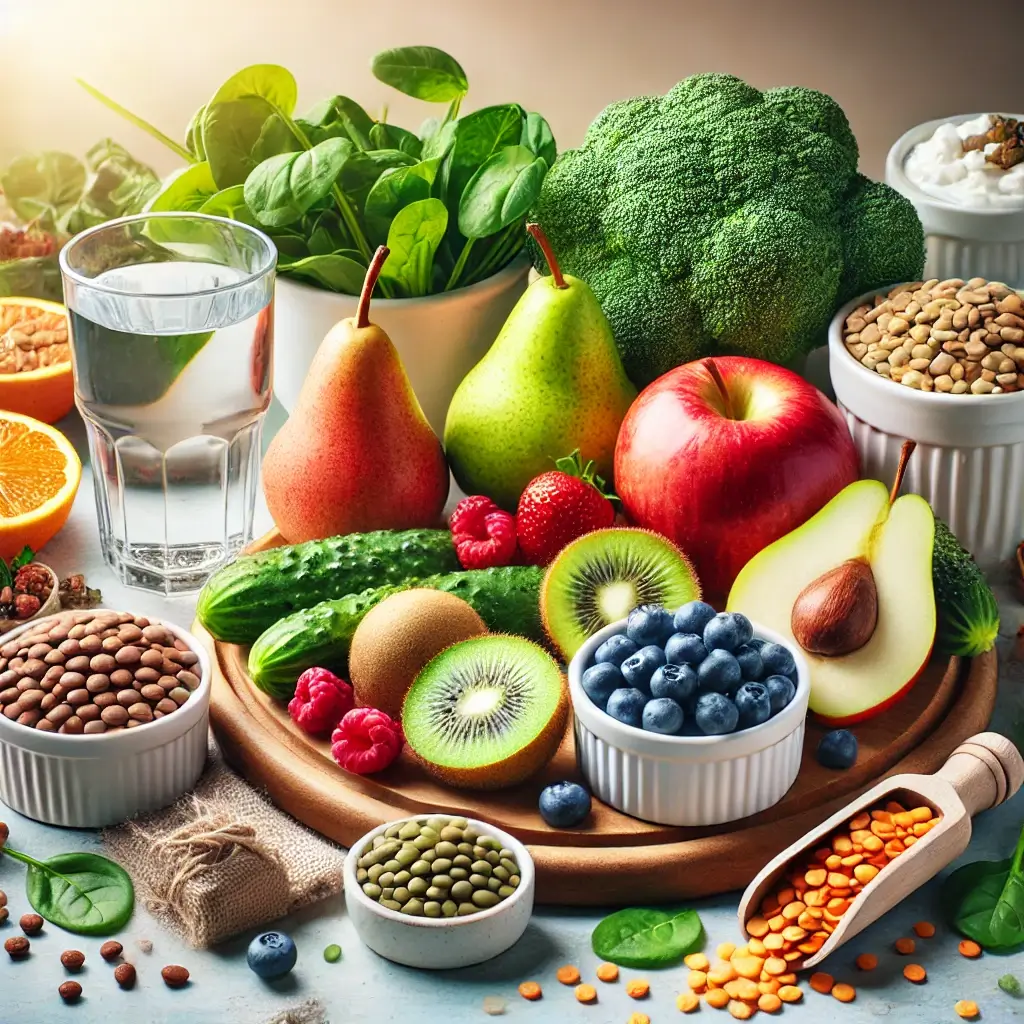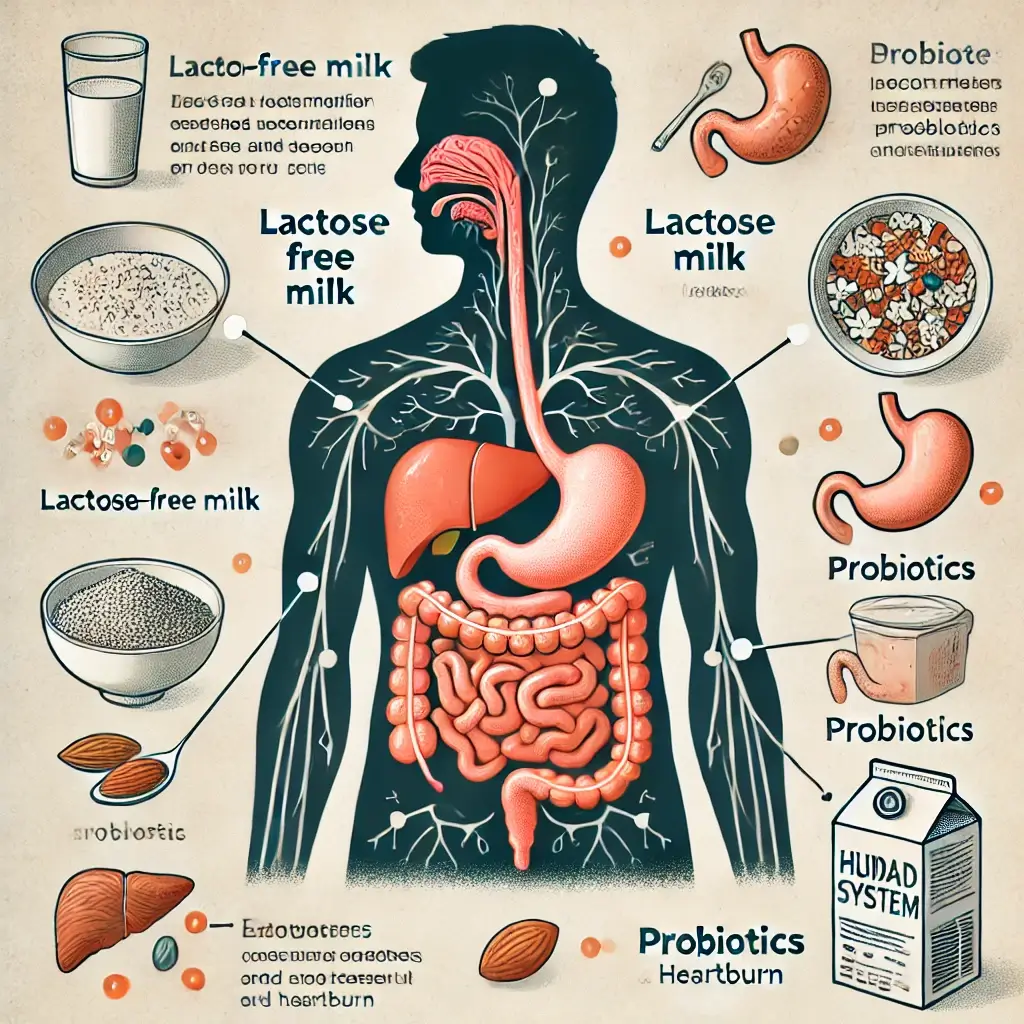Pumpkin is Good for Your Health
There are many health benefits to eating pumpkin. It is a flexible and healthy food. It has a lot of valuable nutrients like potassium, fiber, enzymes, and vitamins A, C, and E.
Here are some ways pumpkin is good for you:
It helps you see better. Pumpkin has a lot of beta-carotene, which the body turns into vitamin A. Vitamin A is significant for good eyesight, especially at night.
It makes you healthier. Pumpkin has a lot of vitamin C, which is suitable for your defense system.
Another potent antioxidant that can help keep cells from getting hurt is vitamin C.
It lowers the chance of getting cancer. Carotenoids are plant pigments that have anti-cancer and antioxidant qualities. Pumpkin has them.
Researchers have found that people who eat a lot of foods high in carotenoids are less likely to get some types of cancer, like lung, stomach, and prostate cancer.
Helps the stomach. Fiber-rich foods like pumpkin are suitable for your gut system. In addition to keeping you from getting constipated, fiber makes stools bulkier.
It keeps the heart safe. Pumpkin has a lot of potassium, which helps keep blood pressure in check. There are also vitamins in pumpkin that can help keep the heart healthy.
It helps you lose weight. You can eat a lot of pumpkin and not gain much weight. Fiber can help you lose weight by making you feel full after you eat.
Pumpkin can help keep your heart healthy, which is one of its many benefits. One reason is that pumpkin has a lot of potassium, an essential mineral that helps keep blood pressure in check.
A lot of people who get heart disease also have high blood pressure. Eating foods like pumpkins that are high in potassium can help keep blood pressure in check.
Other Health Benefits
Still, pumpkin has other health benefits as well. It has many vitamins that help keep the heart healthy. Antioxidants are chemicals that can fight off dangerous free radicals in the body. Free radicals can damage cells and make long-term diseases like heart disease more likely to happen.
In particular, pumpkin has many carotenoids, an antioxidant type that has been shown to help keep the heart healthy. There is a link between beta-carotene and a lower chance of heart disease.
Besides having a lot of potassium and antioxidants, pumpkin also has a lot of fiber, which is good for your heart. Fiber can help lower cholesterol and lower the chance of getting heart disease.
Including pumpkin in your diet is a great way to keep your heart healthy and improve your general health. This flexible vegetable is a healthy and tasty addition to any meal, whether you eat it roasted, mashed, or baked into a pumpkin pie.
Aside from these health benefits, pumpkin is also a tasty and adaptable food that can be eaten in many ways. You can cook, bake, steam, or purée pumpkin. You can make soups, stews, pies, breads, and other foods with it.
Suggestions
If you want to eat more pumpkin, here are some tips:
Roast pumpkin cubes and put them in soups, stews, and salads.
You can blend pumpkin into pancakes, soups, or yogurt.
Make bread, cakes, or pumpkin pie.
You can put pumpkin mush in tacos, soup, or pasta.
You can eat roasted pumpkin seeds as a snack.
Pumpkin is good for you and tastes great. You can eat it in many different ways. Pumpkin is good for you in many ways, so add it to your diet.













